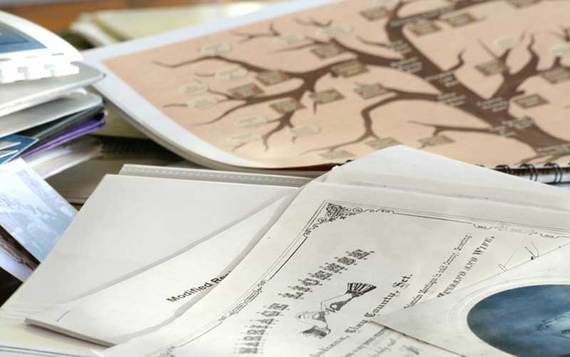The Ulster Settlers Database, which brings together several distinct 17th-century historical records for the first time, is now accessible to researchers on a new website.
A valuable biographical and historical digital resource, the database makes innovative use of historical data relating to the English and Scottish men and women who settled in Ulster in the period between 1609 and 1641 along with the Gaelic Irish inhabitants who they interacted with.
The searchable database, which may be may be of interest to local history, genealogy and academic researchers, comprises a wide selection of sources ranging from military musters and plantation grants to judicial records and secondary literature.
The initial phase of the open-access digital humanities project was funded by the Royal Irish Academy through the Hunter Digital Fellowship. Beginning in early 2022, it was co-hosted by the Institute of Irish Studies at Queens University Belfast and Maynooth University’s Arts and Humanities Institute.
As is the case for most early modern populations, biographical information on Ulster Settlers is partial, incomplete and, from a data viewpoint, unstructured. This project modeled the existing biographical data and then digitally linked all these related events to reconstruct a searchable biographical map of the entire settler cohort.
Future plans include the inclusion of information from other archival collections such as the 1641 Depositions, additional court records, family papers and data relating to land transfers and sales in the course of the 17th century.
The intention is that the database will prove helpful and enlightening for local history and genealogy researchers, as well as those within the wider academic community.
“The cross-border nature of the project reflects the importance of the Ulster plantation to the shared, but also diverse, history of the island of Ireland," said Dr Richard Fitzpatrick, Hunter Digital Fellow.
"To date, the database contains over 14,500 biographical entries and includes several hundred examples of Ulster’s Gaelic Irish inhabitants who interacted with the plantation scheme. This combined population provides a solid foundation from which the database can be expanded to include new sources, such as Ulster's plantation maps and the 1641 Depositions, via new research and collaborative efforts with projects based in Northern Ireland and the Republic.”
Mary O’Dowd, Secretary of the RIA, stated: “A fitting memorial for the historian, Robert J. Hunter. Bob Hunter dedicated his academic life to collecting information on the men and women who settled in the north of Ireland through the Ulster Plantation. The Ulster Settler Database provides a digitized version of this research.
"Phase 1 brings together biographical information from a selection of primary sources that can be searched by personal name, place, landholdings, occupation and other criteria. It marks the first stage in the creation of an immensely valuable resource for the study of the history of early modern Ireland.”
The database, which is free to access online, is accessible at Ulster-Settlers.Clericus.ie.




Comments